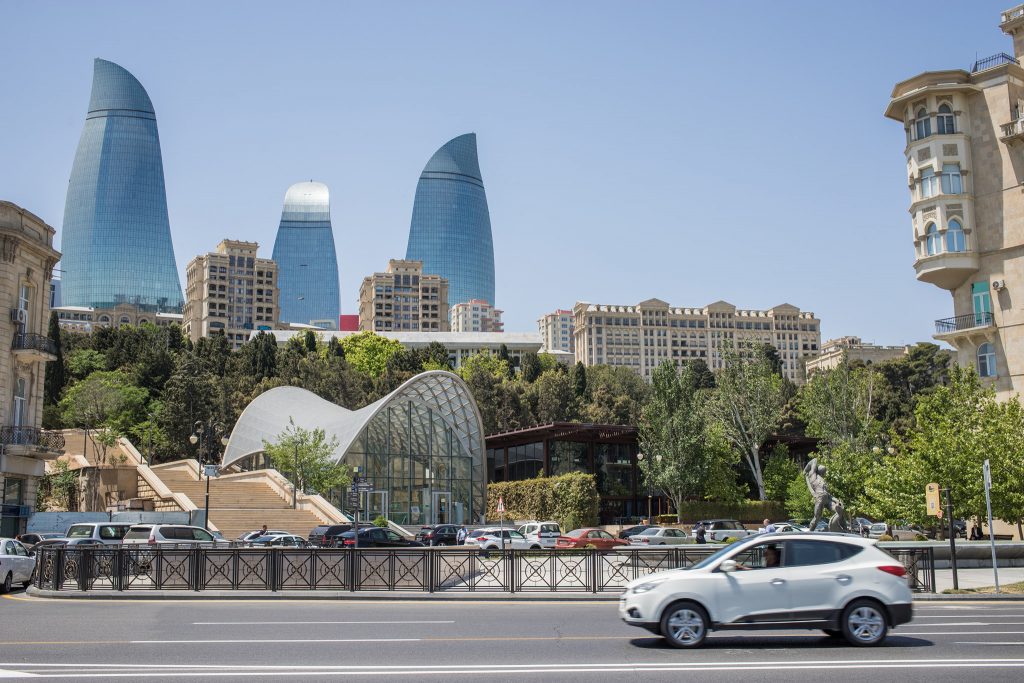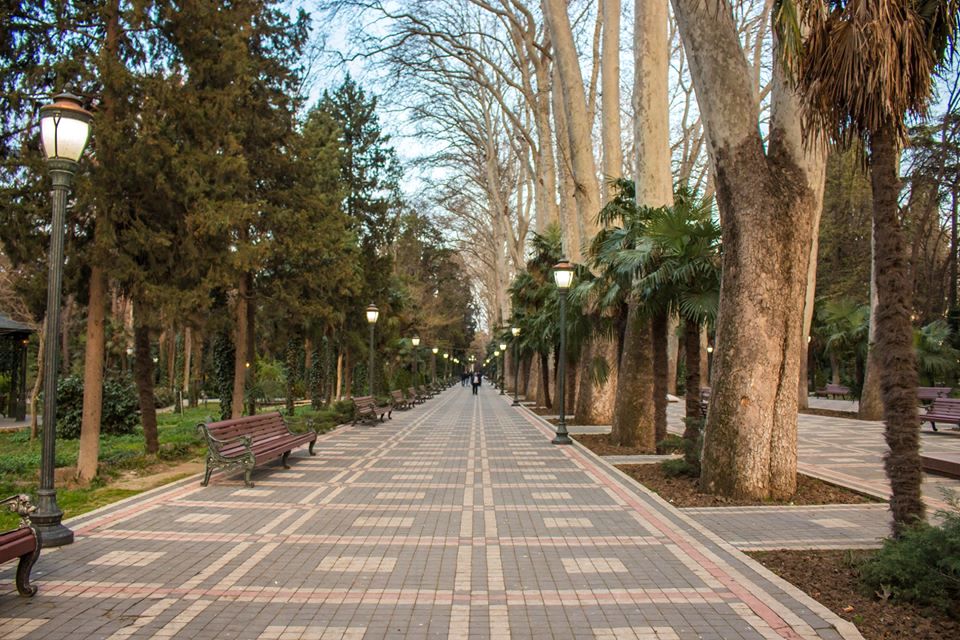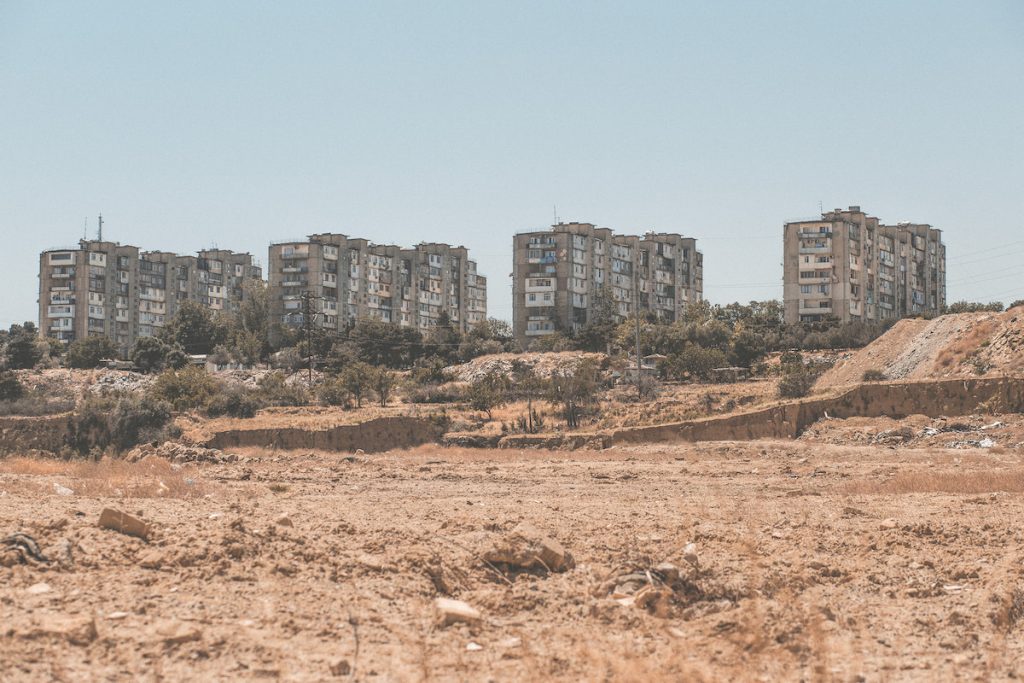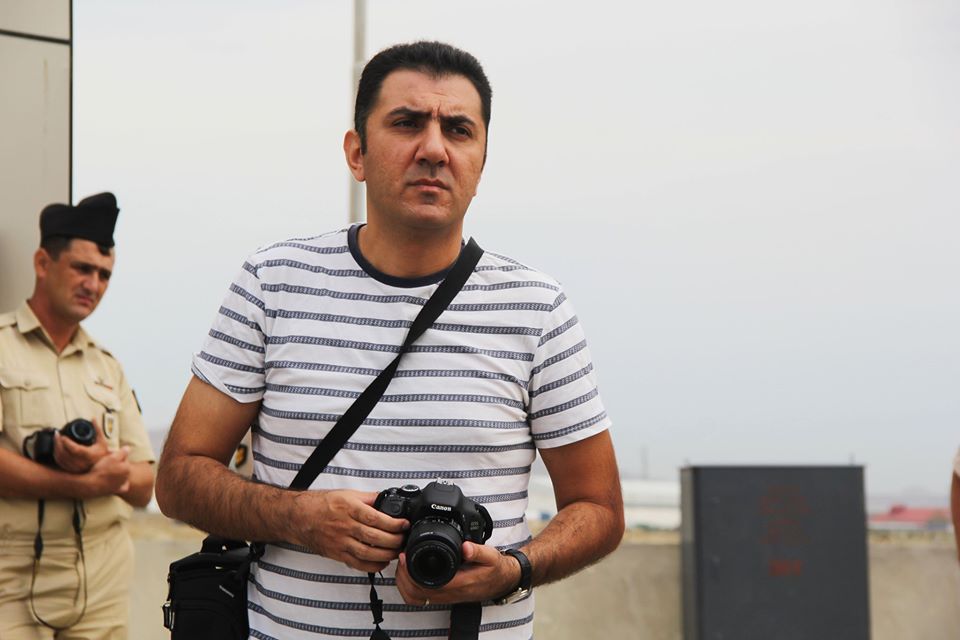Azerbaijanis demand quarantine end, medical officials desperately request social distancing measures be observed
At the height of the second wave of Coronavirus in Azerbaijan, the country’s chief specialist for infectious diseases has tendered his resignation.
Activists have begun a social media campaign using the slogan ‘Stop Quarantine’ and have written an open letter on the same topic. Police are unable to force people to wear masks or maintain social distancing.
As such, the number of those infected with coronavirus continues to rise. In May there were dozens of infections daily in Azerbaijan, 400 cases by the beginning of June, and the number rose to more than 600 in July.
Hospitals are at capacity, ambulances do not always arrive when called, and doctors are getting infected by the dozens. This has become par for the course in Azerbaijan.
By 9 July, 22,464 Azerbaijanis had become infected with coronavirus, 548 of those within the last 24 hours. 284 people have died since the start of the epidemic, and 13,591 have recovered.
Many people have lost relatives to other medical problems as they are refused hospitalization if they test positive for coronavirus.

Why are the people dissatisfied?

“I don’t know anything, I’m in a village, I don’t have a TV, I don’t have the internet.
So why am I the head epidemiologist? I’ve come to a funeral”.
The Chief Specialist for Infectious Diseases, Ibadullah Agayev, tendered his resignation on 8 July, 2020, only a few days after the audio of this quote became public.
Although the duties of the head epidemiologist are purely formal, his remarks, which have been spread on social media networks, have caused widespread anger.
However, the Azerbaijani Management Union of Medical Territorial Units (TABIB) and its staff have come under the most criticism.
The journalist and blogger Azer Garib’s post criticising the Azerbaijani Management Union of Medical Territorial Units garnered more than 20,000 likes and has been reposted almost 10,000 times.
Azer Garib’s statement that there has been no progress in the fight against Coronavirus because of a lack of coordination in the government’s activities has received more than 16,000 likes.
Shortly before this, the main topic of discussion was another open letter, this one from the well-known journalist, Seymur Kazimov, whose father had died after being refused hospitalization without a Coronavirus test result.
Kazimov has blamed the Azerbaijani Management Union of Medical Territorial Units (TABIB) for the death of his father. Many similar stories have appeared on social media.
Azerbaijani journalist Seymur Kazimov’s open letter, where he blames the structure of the government responsible for the fight against Coronavirus for the death of his father.
Both the inconsistency of TABIB’s actions, first imposing quarantine, then lifting it, then reimposing it, as well as the ineffectiveness of those actions, have been criticised.
The measures intended to reduce social interaction have often served only to increase it.
For example, during the first quarantine, the metro was open for only two hours a day, leading it to be severely crowded.
Many measures were in effect for only a short time, as though only experiments, such as the two two-day lockdowns. At that time, even pharmacies were not open, and people could leave their houses only in the case of a life-threatening emergency.

Since 21 June, 2020, the inhabitants of Baku and various other cities and regions of Azerbaijan have been virtually locked in their houses. They can only leave to purchase groceries or to see a doctor, and only for two hours with special text message permission from the government. No more than five people are allowed to congregate in one place.
The fine for breaking this law amounts to 200 manat (about $117), more than the compensation paid by the government to those left without work by the quarantine – 190 manat.
This “aid” has also been the subject of criticism, since far from all those who need it have received it. Moreover, living for a month in Azerbaijan on such a small amount is simply unrealistic.
What does the government say?
In April the government relaxed the quarantine and reopened the metro, as the number of infections had fallen to about 40 per day. The state-controlled media published grateful letters and videos addressed to the president. Officials announced that Coronavirus had been defeated, thanking Ilham Aliyev for the victory.
When the number of infections increased again after the relaxation of quarantine, government officials and the president blamed the population for not believing in the virus and acting irresponsibly.
Upon the opening of a factory producing heavy-duty work clothes in Sumqayit, Ilham Aliyev stated:
“The citizens are often irresponsible, not following the recommended rules, not wearing masks, not maintaining social distance, and not using disinfectants. So they’re risking their own lives and the lives of hundreds of people who come in contact with them”
«Those who are not afraid don’t get infected»
Many inhabitants of Azerbaijan showed an unwillingness, from the very beginning of the quarantine, to cooperate with the government, particularly in maintaining social distancing and taking the rules seriously.
Phrases like «Those who are not afraid don’t get infected» and «I don’t believe the virus is in Azerbaijan» were commonly heard in man-on-street interviews conducted in Baku.
On public transport and in shops people rarely wear masks or maintain social distancing.
Even more, there have been occasional clashes with the police who are trying to arrest those who break quarantine.
Following one such encounter with the police, during one of the “two-day lockdowns” there was something like a revenge operation with the brutal detention and arrests of 11 people.
- Police raids, aggression and depression: the weekend quarantine in Azerbaijan
- Long live Azerbaijan, long live the police!” – police PR stunt backfires, irks social media users
Kamran Aliyev, the head of the highway patrol, states that 70,000 people have broken the rules of the quarantine throughout the entire fight against Coronavirus.
Despite the fines, informational signs posted in the streets, the need to get permission to leave one’s house, and all the strict limitations, the vast majority of the city’s inhabitants are still busy finding ways to circumvent quarantine.
The media regularly reports that the police have discovered “underground” cafés and illegal group meetings.





















